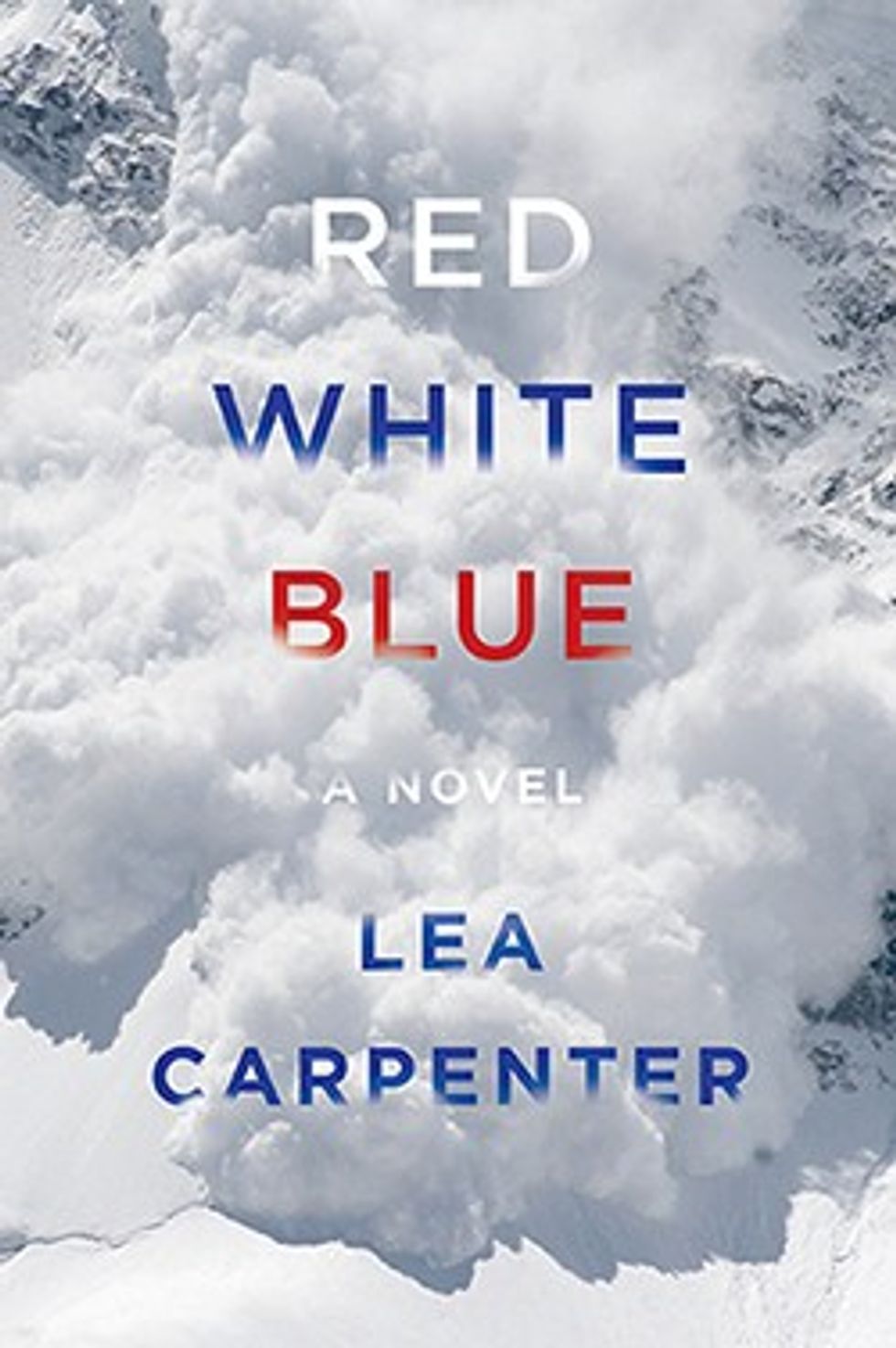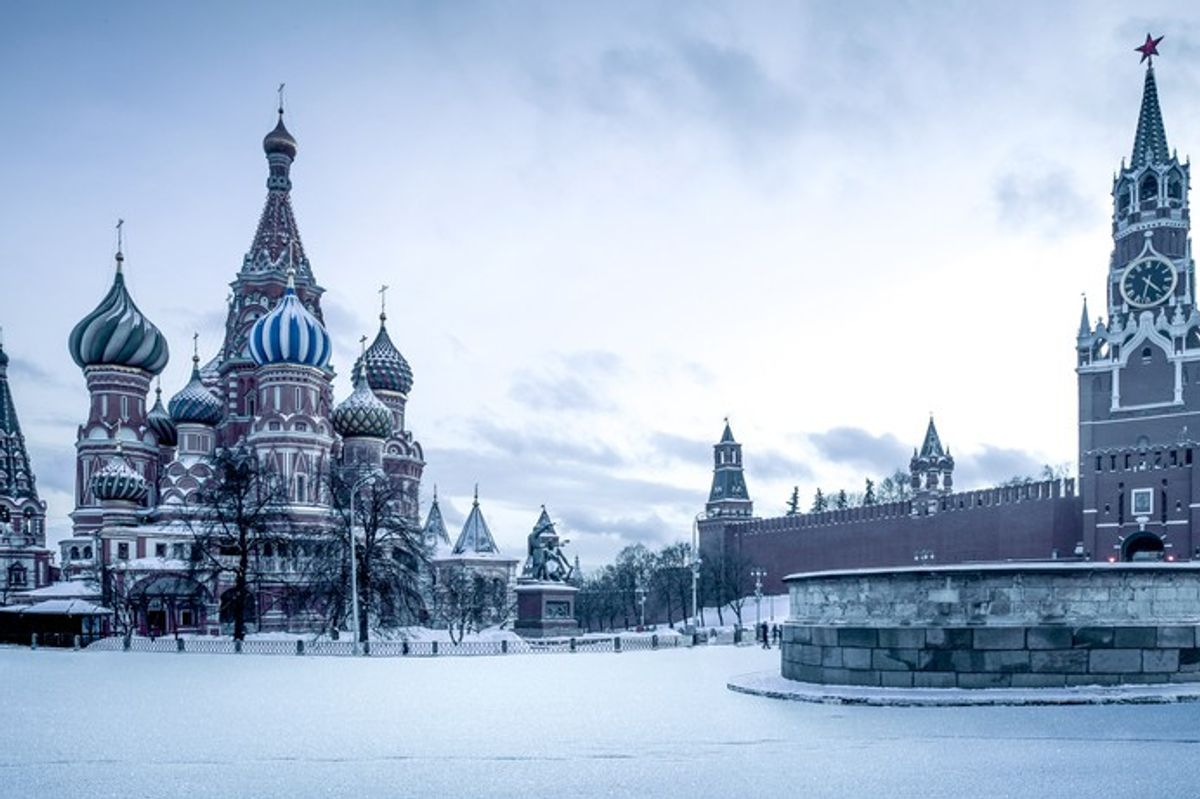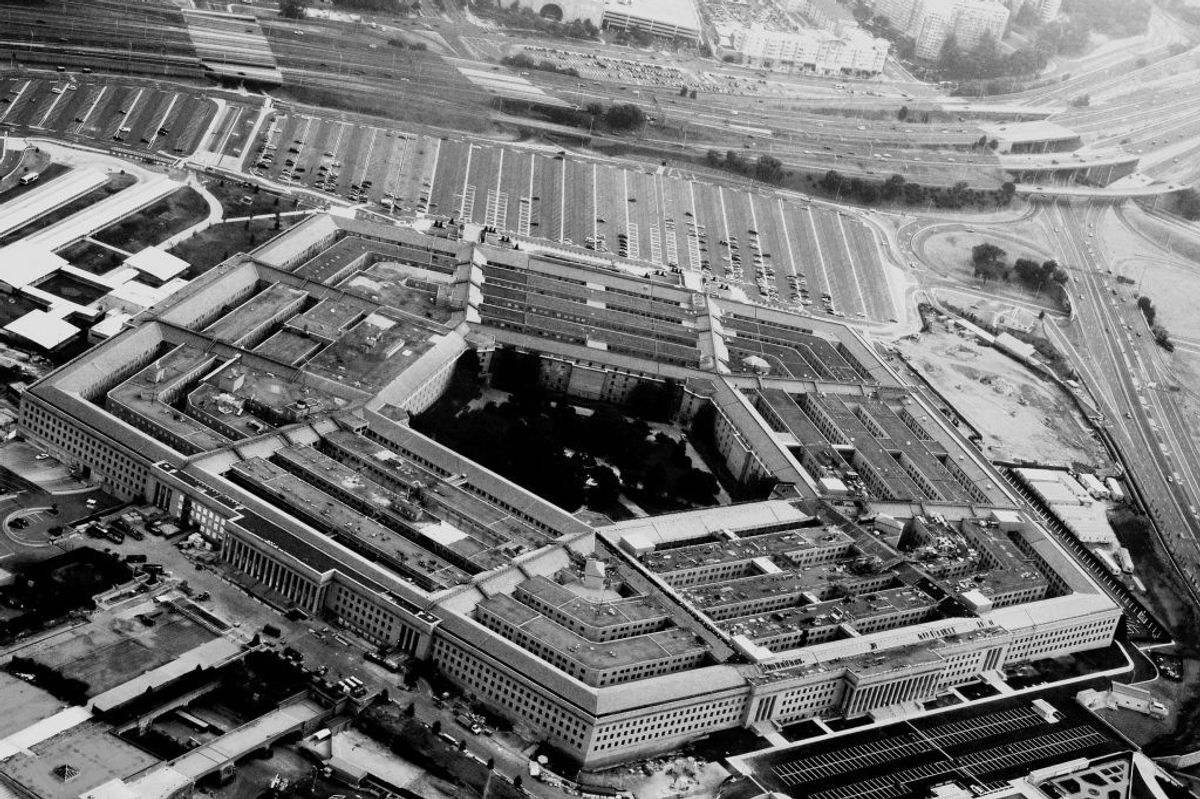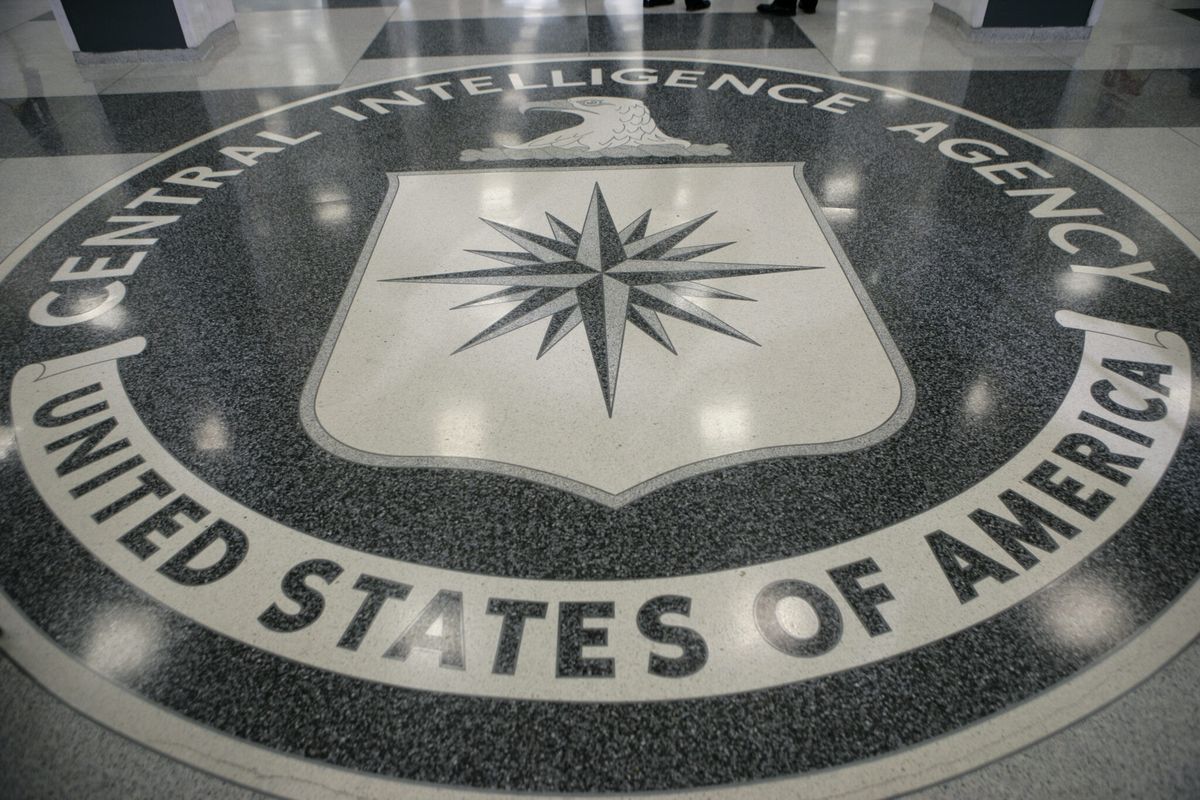Lea Carpenter’s second novel, Red, White, Blue is a love story wrapped in a novel about what it means to be a spy. It’s a story about a father and daughter, about a marriage, and about unraveling the real story of why spies do what they do.
They story itself is complex by design and takes the reader from one character to another in a dialogue that weaves together elements of trust, betrayal and doubting what was once accepted as truth.
The woman behind the story, author Lea Carpenter, wrote her first novel, Eleven Days, about the relationship between a mother and son, while poetically depicting the toll that war takes on families.
She’s busy, having also written the screenplay for Mile 22, the movie released this summer about the CIA’s not-often-talked-about Special Activities Division. The movie was directed by Peter Berg and stars Mark Wahlberg.
Under/Cover caught up with Carpenter to get the story behind her latest story.
Under/Cover: What was the inspiration behind Red White Blue?
Carpenter: I met a former case office willing to share some of the experience of that life, which led to other conversations, which led to a theory about espionage—that at its essence espionage is about intimacy, and empathy, about the cultivation of trust. And so, then I thought I could tell the story of a marriage, of two people falling in love and navigating the risks of that, alongside the story of the recruitment of an asset. Maybe marriage as a metaphor for espionage sounds strange but I was interested in the risks of trusting someone—with your heart, with your life. We all understand that, at least in theory.
Under/Cover: The book introduces us to Anna, the main character, who engages in a mission of discovery about her father’s real life as a CIA Officer. How much of the book was motivated by your own personal experiences?
Carpenter: Anna’s story of trying to understand who her father was after he died was similar to my own story, in ways. My father never worked for CIA, let me be clear on that. He had worked in military intelligence, but I was born when he was in his mid-fifties. I knew him as a lawyer, someone passionate about criminal justice reform, someone I went running with in the evenings and played tennis with and talked to about books. Later, learning about an earlier time in his life long before I was born, was like meeting a truly new person. I wanted to give Anna that same experience, as it was so strange for me. Though in Anna’s case, the repercussions of learning who her father was are dramatic. In my case, they were simply emotional. Noel, Anna’s father, has qualities my father had, a love of literature, a sly sense of humor, a healthy cynicism about things people tend to over glamorize—like CIA. I have a letter my father wrote home during the war where he observes that the more someone wants to tell you about their levels of classification, or covert activity, the less likely it is that they possess levels of classification, or have ever engaged in covert activity. That made me laugh. It’s probably still true.
Under/Cover: How did you go about researching Red White Blue?
Carpenter: I talked to people. And listened. I wanted to understand the culture of the place. And the emotional stakes of working in an atmosphere defined by levels of trust. I had met people in the intelligence world while researching my first book, Eleven Days, and I called on them again to try to help me connect dots. (Even as the epigraph of the novel is a quote from Norman Mailer about CIA in which he says: essentially, we will never connect the dots, and by the way, maybe there are no dots.) And then at a certain point you have to stop listening and just put words down. Which was hard. The first sentence in the novel is only one word—"grace.” Grace has various definitions but the idea of God’s grace, of a kind of forgiveness, and salvation, this was interesting to me. The case officer character in the novel (who is never named) is, in the end, asking for a forgiveness. He is telling his story. And only at the end of the novel do we understand why he has to tell it, and to whom he is talking. I write early on that “the hardest interrogation is the one we perform on ourselves,” and I believe that. The question of how to handle interrogations has obviously been central to the intelligence community in the post nine eleven era.
Under/Cover: You mentioned your first novel, Eleven Days, which told a gripping tale of a mother and her son, who is in the special forces when he goes missing. As a relatively new author, from a writing perspective, what lessons did you bring from Eleven Days to Red, White, Blue?
Carpenter: With the first book, I had absolutely no idea what I was doing. I wrote it over the course of a pregnancy, in fits and starts. Knowing nothing is freeing. “Ignorance is bliss” is so true. You always have ignorance as a kind of defense when doing something the first time. With the second book there was fear, a bar had been set. Red White Blue is more complex, structurally, than Eleven Days. I wanted the structure of the novel to reflect the structure of an interrogation, with questions and answers, with blank space. If there’s a lesson it’s humility, learning to measure expectations and feel grateful for the chance to tell a story. You can get scared looking at that blank page. And then you tell yourself, come on, it’s not brain surgery, and you let go.
Under/Cover: What have you learned since writing the book about how people are reading it, and what are they taking away from it?
Carpenter: People love the ending. Peter Berg, a writer I admire, has said (of stories) that if you’re going to take the audience to the one-yard line then slap them in the face, sometimes they will love it, sometimes they will hate you for it. And there is a bit of taking my reader to the one-yard line, then turning everything around. I think readers have liked that. I think a literary, philosophical look at the Agency is not what readers expect, but they have liked. At least the readers I have spoken with.
Under/Cover: What were you hoping people would take away from it?
Carpenter: A story of what it means to let someone truly love you, truly know you, and then taking the ultimate risk, allowing yourself to truly love back. Because we don’t choose who we fall in love with, do we? Most stories are love stories in the end. This one certainly is.
Under/Cover: You also wrote the screenplay for Mile 22, an action/adventure movie about a particular part of the CIA, Special Activities Division. The movie stars Mark Wahlberg and was directed by Peter Berg. That was your first screenwriting experience. How did you like it?
Carpenter: Peter Berg was a brilliant teacher. He asked if I knew how to write a screenplay and I said I would figure it out. Then he said, well, when you come to the places in the story where you think we can fit in some action, just write “there will be action here,” and then we’ll go back and I’ll teach you how to write action. And he did. And the basic story structure existed before I was hired onto the project, we knew it would be a Race From Point A to Point B story, and that was freeing—and clear. Joan Didion said screenwriting is “making notes for the director,” and I think that’s a perfect description. The film is very kinetic, very violent, qualities you can’t really write. You can write the words “and then the drone hits the target,” but to see other artists make those words visual—the production designer, the cinematographer, the stunt choreographers, the editor; Iko Uwais and Mark, two of the hardest working people I have ever met—was very cool. There is no other word for it. Seeing John Malkovich bring a character to life. Lauren Cohan plays a female paramilitary officer, and I gave her the name Alice, as I thought she could help guide the audience through the emotional Wonderland which is that world.
Under/Cover: What will you do next?
Carpenter: Another novel, I hope. Which will complete a kind of trilogy—on the “terror wars”, and maybe, another film.
Red, White, Blue: a novel by Knopf















